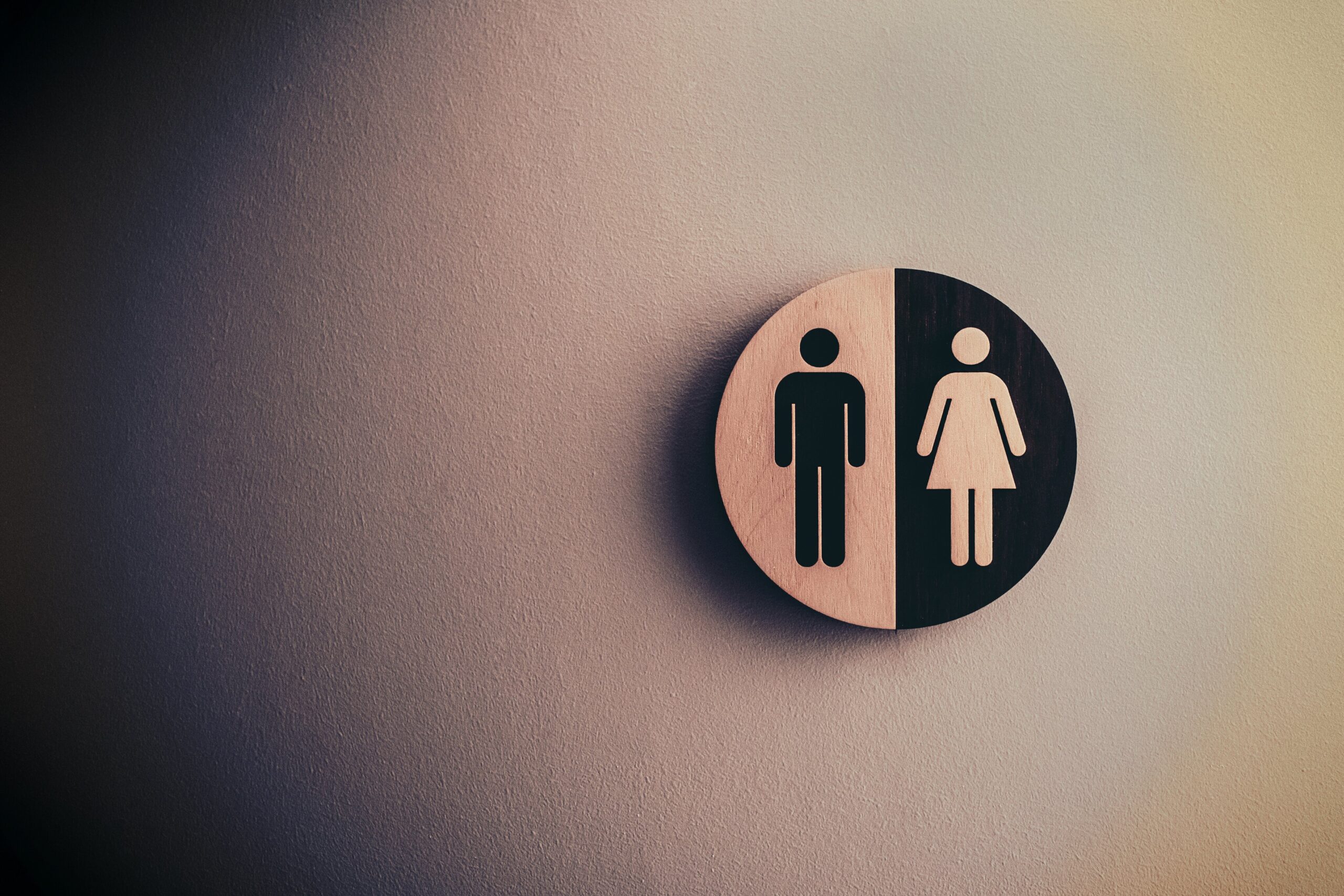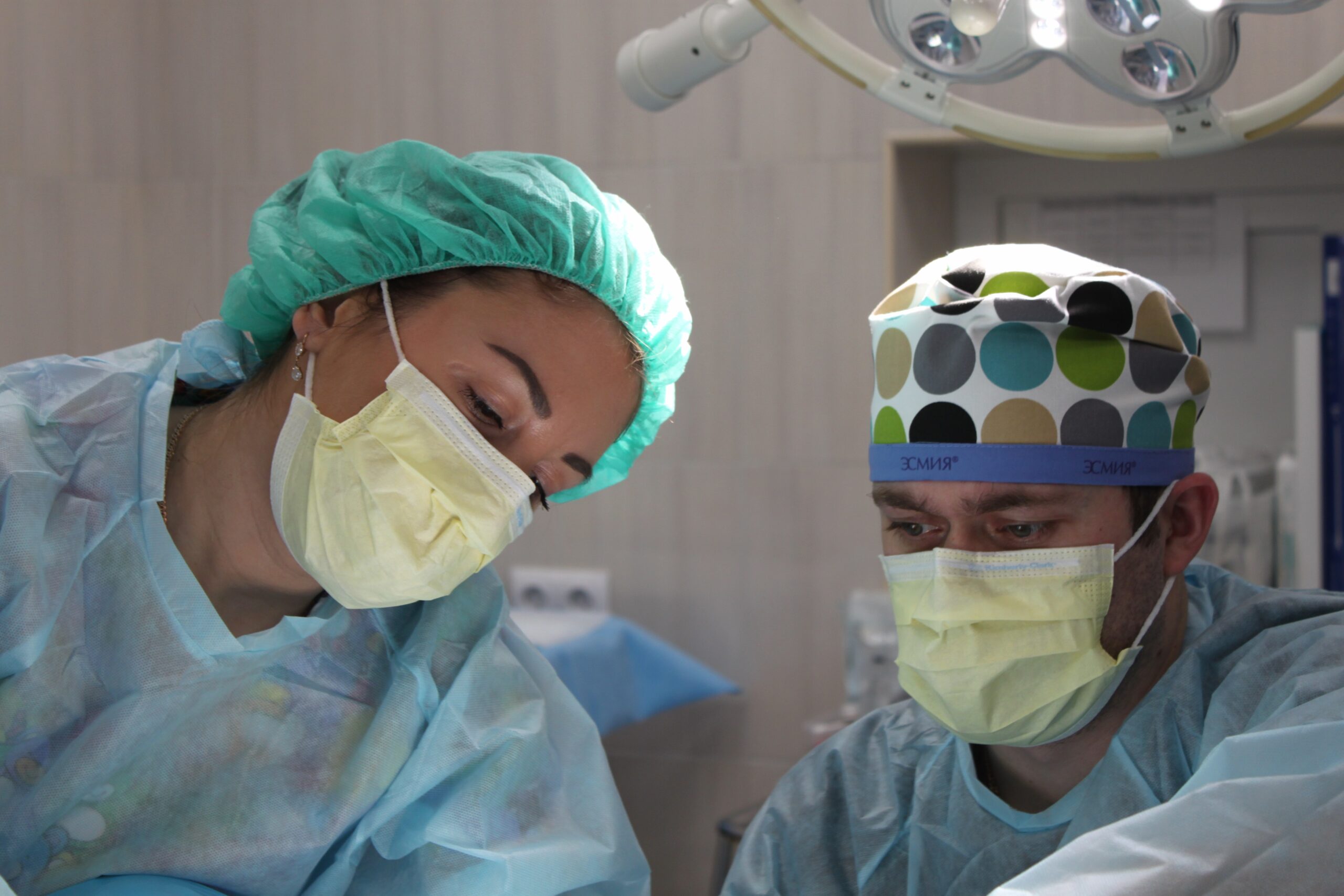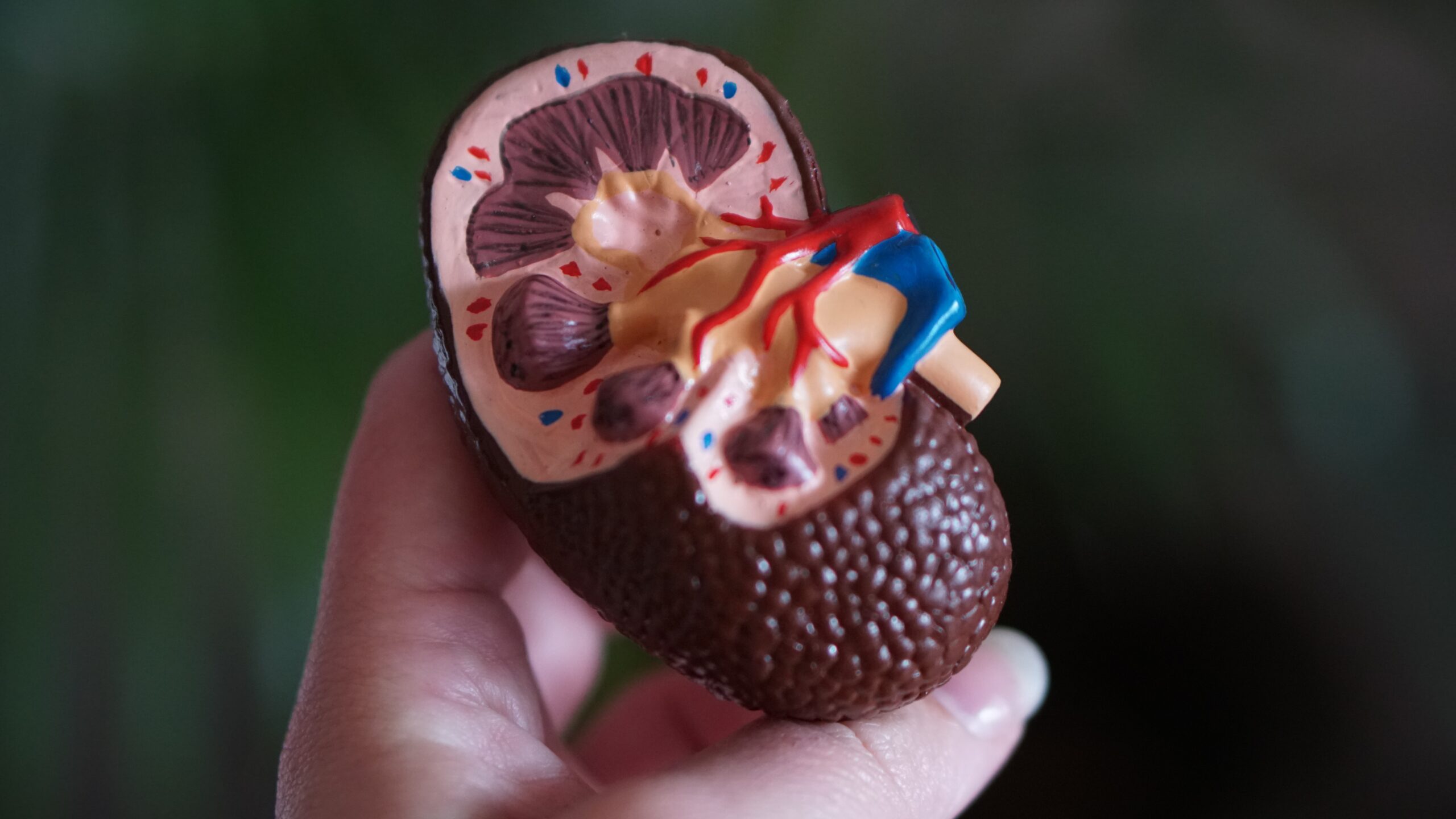The urinary tract system gets rid of your body’s excess liquid waste and unwanted substances in the form of urine. With your organs working all day and night, the process involving urine formation happens without any hassle and issues. However, when problems occur with your urinary tract system and other organs related to this process, you will need to see a reliable urologist as soon as possible.
A urologist specializes in treating diseases of the urinary tract and the male reproductive system. They are trained to address medical conditions that involve the bladder, kidneys, ureters, urethra, as well as the penis, prostate, scrotum, and testes.
Urologists can specialize in different types of urology. These include the following:
If you need to consult a urologist, make sure to choose one who is skilled and knowledgeable in addressing your health concern.
Patients usually consult urologists for bladder problems, kidney stones, or urinary tract infections (UTI).
Here is a list of some of the most common urology-related medical conditions. If you are experiencing some of their symptoms or if you suspect that you have them, do not hesitate to see a urologist as soon as you can.
Regular checkups are essential for maintaining excellent health. They help in monitoring your body’s functionality, diagnosing health problems, and providing immediate and necessary care for medical conditions. Because of this, it is advisable to schedule an annual exam with your urologist.
Below is a list of symptoms of health conditions related to urology. Schedule an appointment immediately with an experienced urologist if you are experiencing any of the symptoms below:
Urology checkups are usually non-invasive, which includes a general physical exam and a urinalysis. You may also undergo cystoscopy to examine your lower urinary tract with a small camera, as well as biopsies, x-rays, ultrasounds, and urodynamics to gather more information regarding your medical condition.
Other testing, treatments, and operations urologists offer are the following:
Consulting a urologist can be intimidating and even embarrassing, especially if it will be your first time. However, you do not have to worry because there is no reason for you to feel uncomfortable. You are assured that urologists will do their best to address your health concerns and treat your information with the utmost confidentiality.
If you are looking for skilled urologists you can count on, then you have come to the right place. We provide comprehensive urological services in New Jersey. Reach out to us to learn more about what we offer or to request an appointment!
All content found on the UUANJ.COM Website, including text, images, audio, or other formats were created for informational purposes only.
The content is not intended to be a substitute for professional medical advice, diagnosis, or treatment. Always seek the advice of your physician or other qualified health provider with any questions you may have regarding a medical condition. Never disregard professional medical advice or delay in seeking it because of something you have read on this website.
If you think you may have a medical emergency, call your doctor, go to the emergency department, or call 911 immediately.


